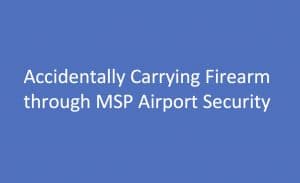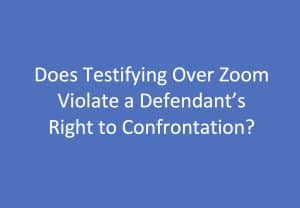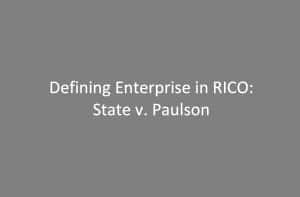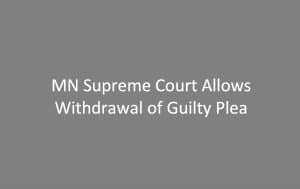The Driver’s License for All Bill was passed by the Minnesota Legislature in early 2023. Governor Walz went on to sign the bill on March 7, 2023. The law is set to be implemented in October of 2023. This law will directly reverse the 2003 law that was passed barring those without legal citizenship from obtaining a driver’s license in the state of Minnesota. This was a result of the security concerns stemming from September 11th. The pending law will result in changing the policy that was enacted 20 years ago.
This law will allow Minnesota residents without immigration status the ability to obtain a Minnesota Driver’s license without being a citizen. This can be accomplished by passing a written test and a driving test. This law is meant to ensure all drivers are certified to drive by passing the Minnesota driver’s license requirements. In addition, those who pass the written and driving test will be required to purchase auto insurance. There are a significant number of undocumented immigrants in Minnesota.
There are an estimated 81,000 undocumented immigrants in Minnesota. Roughly six percent of undocumented immigrants in Minnesota are under the age of 16, and who are legally unable to obtain a driver’s license. However, this means that ninety-four percent of the undocumented immigrants in Minnesota are at the legal driving age or older. This is a significant number of people who cannot legally obtain a driver’s license within the state.
This law allows undocumented immigrants more opportunities to succeed. The potential benefits this law will result in annual income would increase from $2,000 to $6,000 for those undocumented immigrants who are unable to have a full-time job due to the lack of transportation. Providing undocumented immigrants with driver’s licenses will result in a boost to Minnesota’s economy. This helps undocumented immigrants significantly by providing them with means of transportation other than public transit. In addition to being helpful to for undocumented immigrants, it also makes Minnesota roads safer.
A similar law has been passed in other states such as Connecticut, California, Utah, and New Mexico. Issuing undocumented immigrants licenses within those states has resulted in lower hit-and-run numbers and lower rates of uninsured drivers. These results are another reason that Minnesota has passed the law. In addition, law enforcement supports this bill due to undocumented immigrants being able to identify themselves and have their identity verified which affords even greater public safety for other citizens and police. Other supporters of the law believe that this will result in greater trust between immigrant communities and law enforcement because of the ability to identify themselves. The hope is that this will lead to greater cooperation and collaboration between the two groups.
Overall, this pending law seems to have a significant benefit to both undocumented immigrants and Minnesota as a whole. It has the potential to better the relationships with different communities, create safer driving conditions, provide the state with more annual income, and result in identification for those who are undocumented.
Robert H. Ambrose is a criminal defense attorney and DWI lawyer in Minnesota. Super Lawyers named him Super Lawyer for the past two years and a Rising Star the previous six years. He is an adjunct professor at the University of Minnesota Law School. DWI Attorney Woodbury MN, Criminal Defense Lawyer Minneapolis MN, Criminal Attorney Minnesota.







